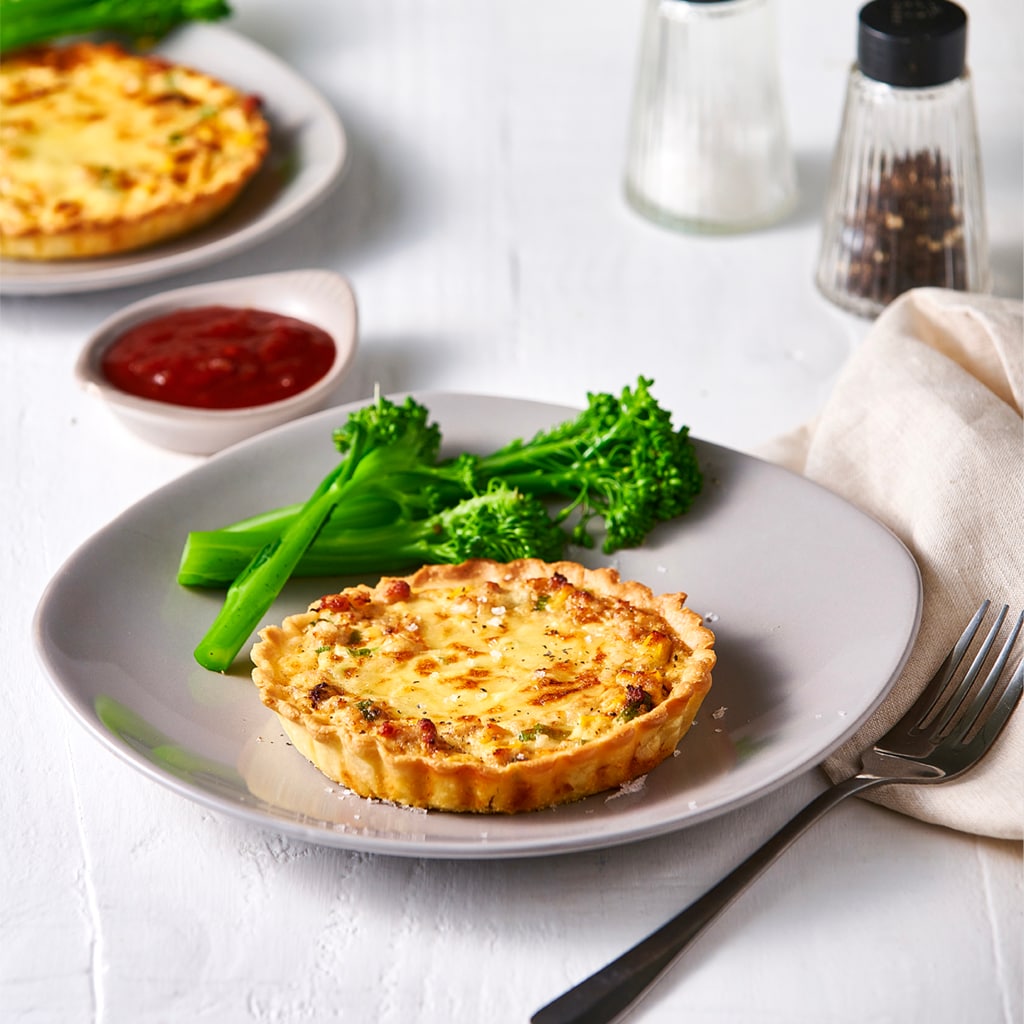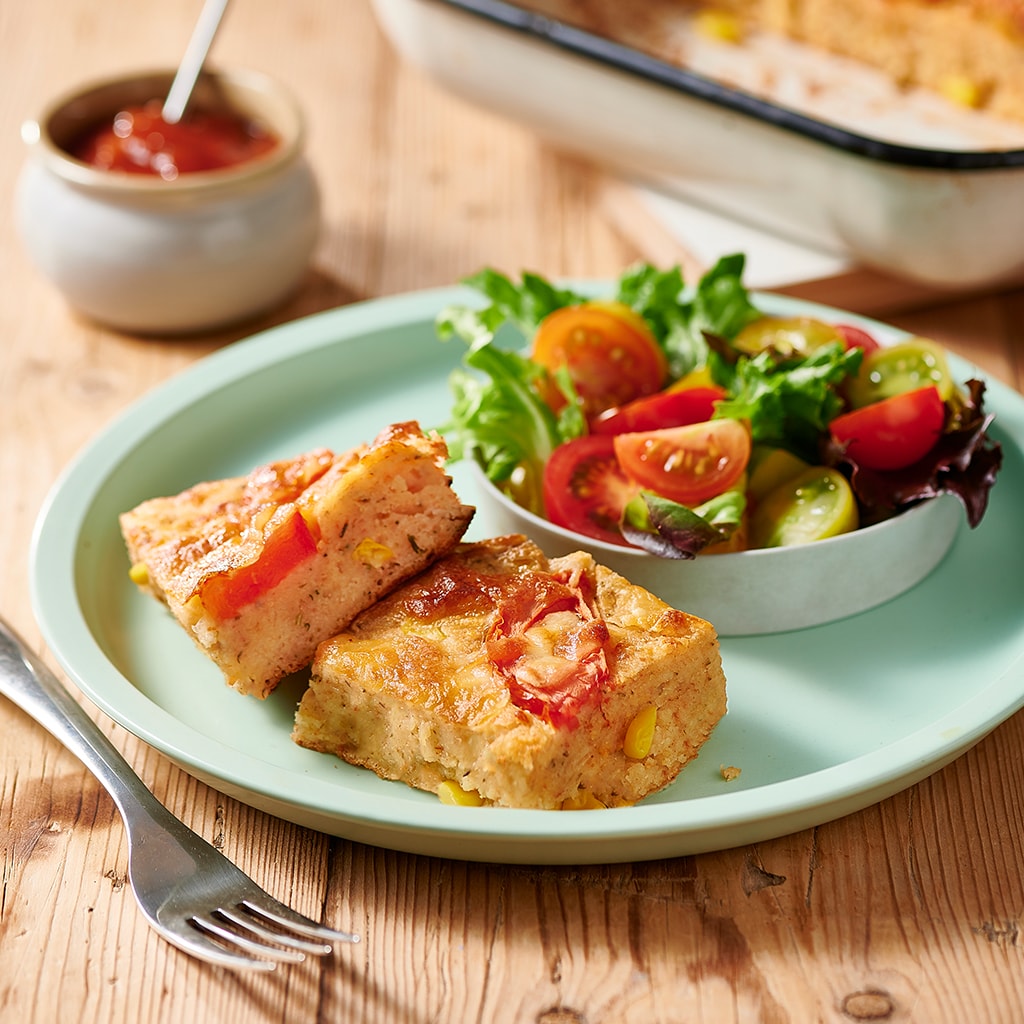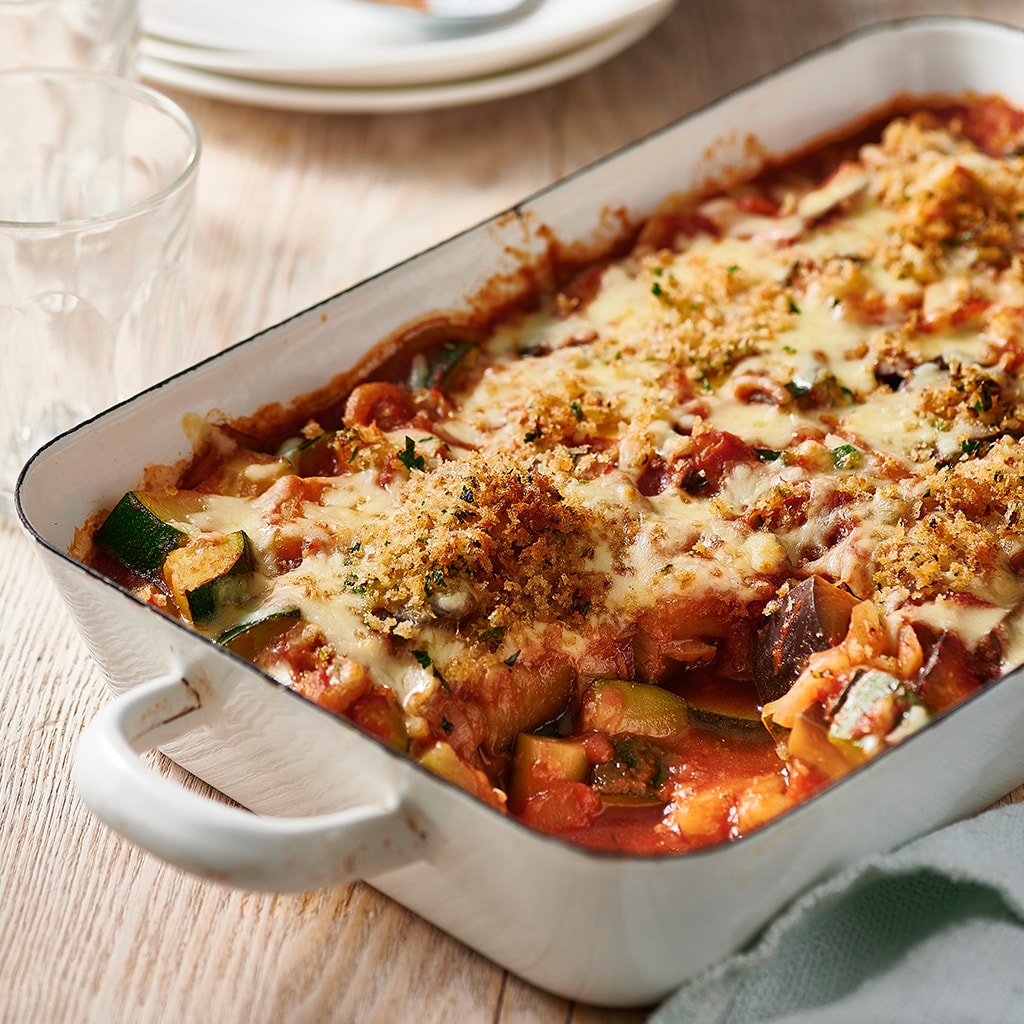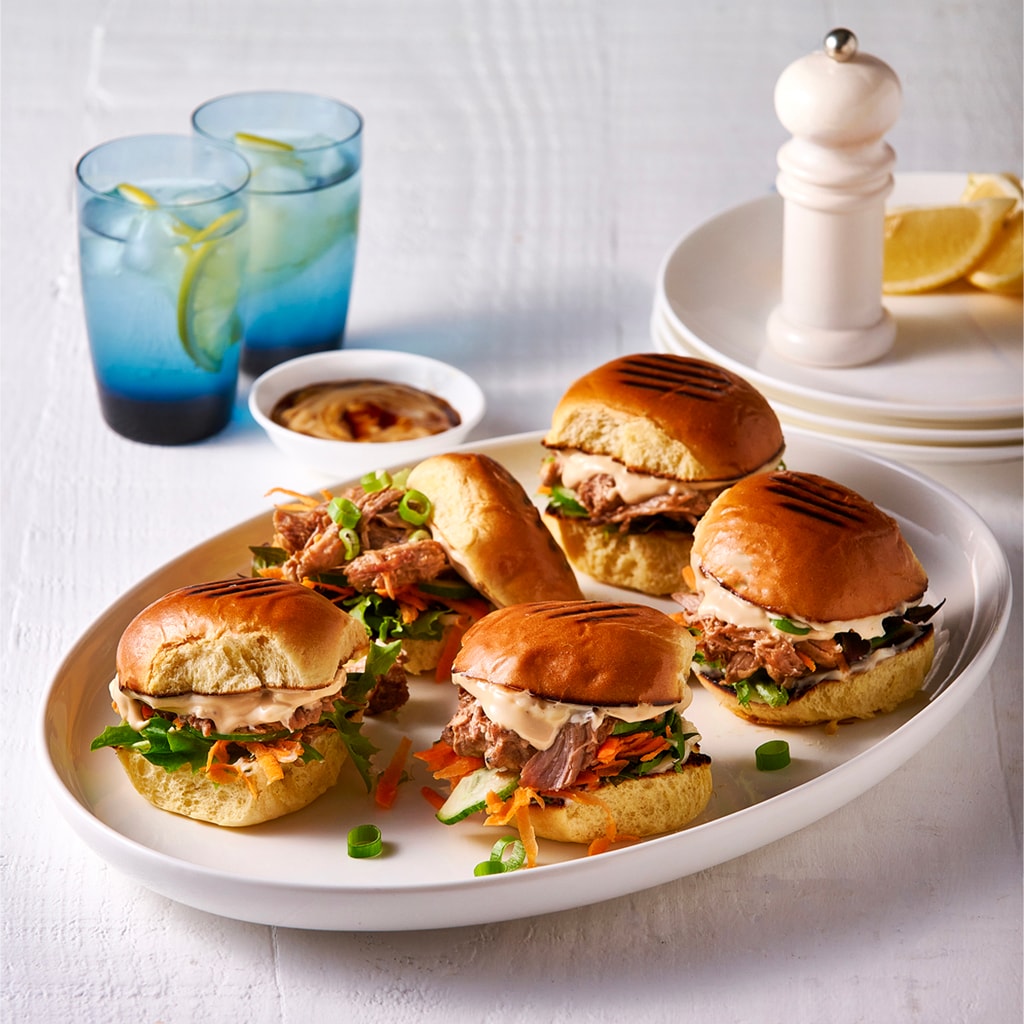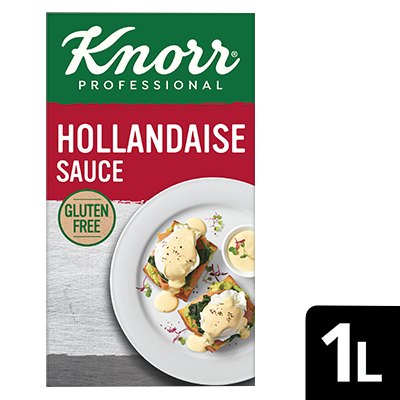Interview with Juniper’s Hospitality Services Manager
Posted on Thursday, 22ⁿᵈ February, 2024

Unilever Food Solutions spoke to Kirrie Hall, Hospitality Services Manager at Juniper in Western Australia, about how they adapt and prepare HEHP meals for their residents.
Juniper has 24 Residential aged care Homes across WA, with more than 1500 residents calling Juniper home across the 2023 financial year. They are a cook-fresh organisation with a 4-week menu cycle, which is reviewed and updated every six months. The IDDSI framework is used for texture modified meals.

Kirrie Hall,
Hospitality Services Manager
Juniper, Western Australia.
Dining trends
One of the biggest changes Kirrie has observed over the last 5 to 7 years—a trend she expects to continue—is the increased variety of foods residents are asking for.
She sees this change as a relief for aged care chefs: the broader range of foods and ingredients makes it easier to create HEHP meals.
Importantly, she has seen an increased demand for savoury over sweet foods. This has particularly impacted the range of mid-meal options (morning/afternoon tea) offered, which traditionally comprised of sweet foods such as biscuits, cakes, and slices.
Protein-rich foods, such as legumes, are more widely accepted as well as foods such as Greek yoghurt, which has a much lower sugar content than flavoured yoghurts.
The DINE Program
In 2021, Juniper’s hospitality department adopted the DINE (Dignity In Nutritional Excellence) program as the foundation for all menu planning. DINE covers all aspects of meal creation and the dining experience.
Part of the DINE program is to incorporate HEHP principles in all aspects of their meals as well as to make sure everyone is able to enjoy the same dishes on the menu, regardless of texture level considerations.
By incorporating HEHP ingredients into all recipes as a default, Juniper no longer needs to prepare ‘special’ meals for those needing an additional boost unless it’s for individuals requiring further fortified meals as recommended by clinical staff.
The DINE program is a fluid framework and Kirrie constantly taps into available resources to learn about the latest advances in aged care food and nutrition to improve the food served and find recipe inspiration and meal ideas.
HELP inspiration

The four main resources used by Juniper are:
Curtin University
Juniper and Curtin University’s dietitian department work together to stay abreast of the latest innovations, research, and developments in the dietary needs of the elderly.
The Maggie Beer Foundation
The Maggie Beer Foundation provides a range of resources for aged care chefs.
Unilever Food Solutions Re:fresh resource
Kirrie and her team regularly consult Unilever Food Solutions Re:fresh website for inspiration, meal ideas, and products.
The Residents and Care teams
Kirrie cites their residents as one of the key resources when planning meals and updating the menu.
The meal planning team regularly liaises with residents to find out what they are enjoying, what they would like on the menu, and to road-test new meals and snacks to see if people like them.
Juniper involves the whole care ecosystem - residents, clinical staff, carers, the kitchen teams and family - in the planning process so they have a 360-degree view of what is being served and why.

Juniper’s meal tips and ideas
The key ingredients that Juniper adds to meals to boost the protein profile are:
- Milk powder
- Eggs
- Legumes such as lentils, chickpeas, and fava beans
- Feta, cream cheese
- Butter, cream, milk, yoghurt
- Bananas
Juniper’s top 4 meal ideas for HEHP menus:
1. Mid-meal savoury snack pot
Their most popular mid-meal is hummus with whipped feta and blended caramelised onion, or mango chutney, for added flavour.
2. Smoothies
These are in demand, especially in hot weather. Their top flavours are currently:
- Peanut butter and chocolate smoothies - with full cream milk, yoghurt, and milk powder.
- Banana and honey smoothies - also with added cream, yoghurt, and milk powder.
3. Lentil and vegetables
Vegetables paired with legumes work especially well for texture-modified meals when matching a legume to a vegetable. For example, orange split peas with carrots or pumpkin maintain realistic colouring. They also incorporate sweet potato and beetroot into texture-modified meals for added protein.
This is another favourite. They love it because it can be easily modified for vegetarians by adding eggplant and sweet potato.
Juniper’s successful approach to HEHP meals and IDDSI texture levels is an inspiring way forward for aged care meals that residents love and enjoy.

Disclaimer: The content of this article is created for inspiration purposes only. It is not intended as clinical, medical or nutritional advice.


